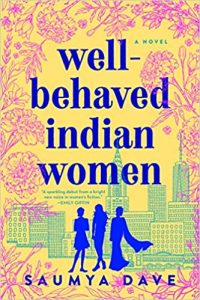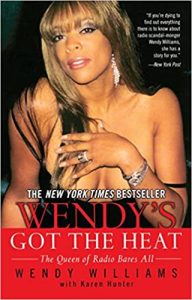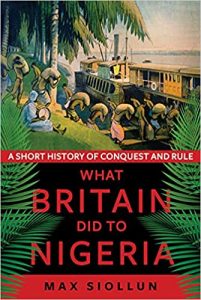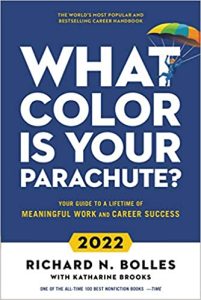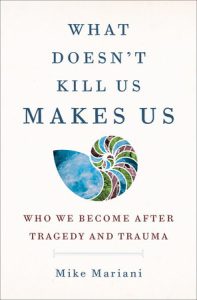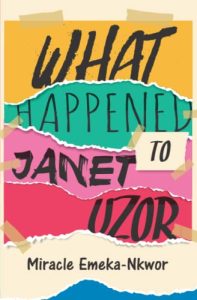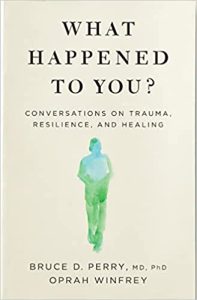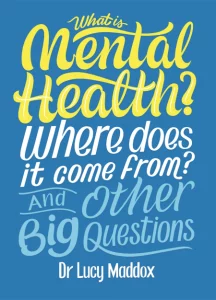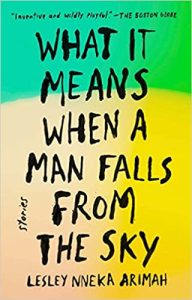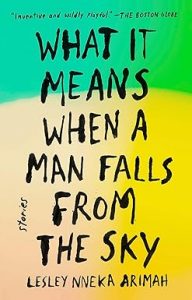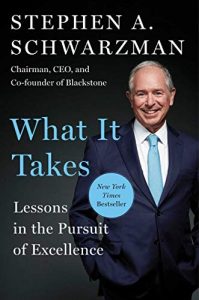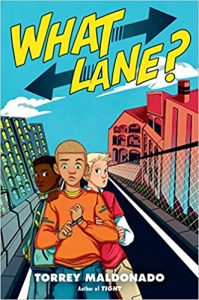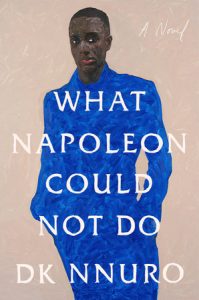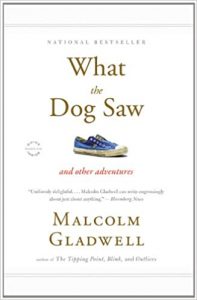Well Behaved Indian Women
₦4,500.00Simran Mehta has always felt harshly judged by her mother, Nandini, especially when it comes to her little “writing hobby.” But when a charismatic and highly respected journalist careens into Simran’s life, she begins to question not only her future as a psychologist, but her engagement to her high school sweetheart.
Nandini Mehta has strived to create an easy life for her children in America. From dealing with her husband’s demanding family to the casual racism of her patients, everything Nandini has endured has been for her children’s sake. It isn’t until an old colleague makes her a life-changing offer that Nandini realizes she’s spent so much time focusing on being the Perfect Indian Woman, she’s let herself slip away.
Mimi Kadakia failed her daughter, Nandini, in ways she’ll never be able to fix—or forget. But with her granddaughter, she has the chance to be supportive and offer help when it’s needed. As life begins to pull Nandini and Simran apart, Mimi is determined to be the bridge that keeps them connected, even as she carries her own secret burden.

